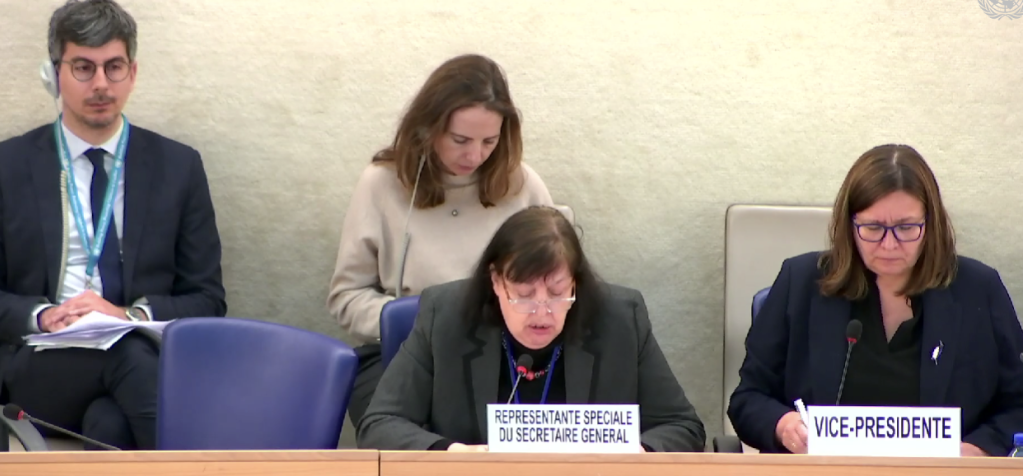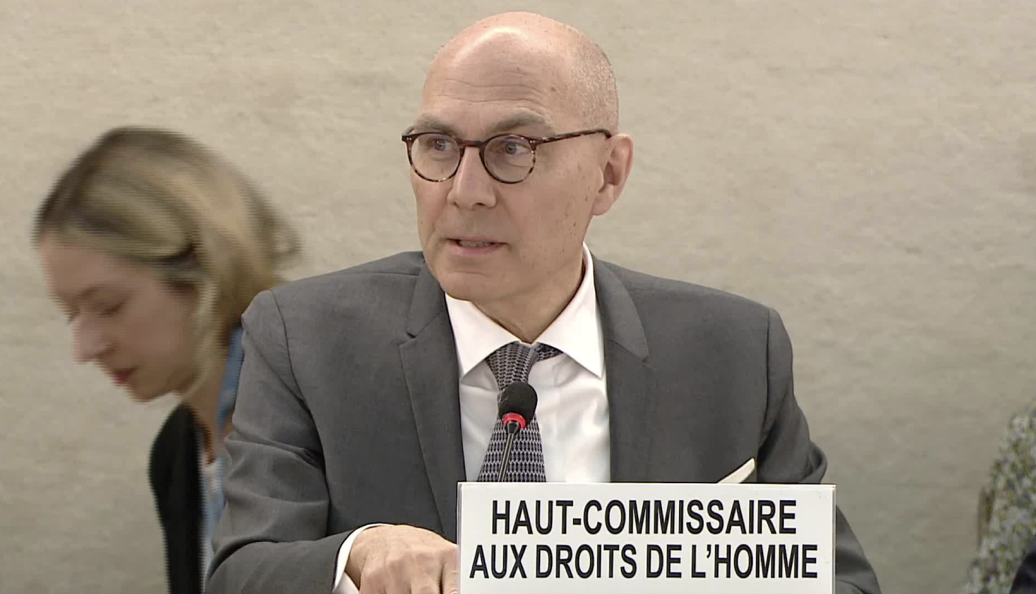
By: Jennifer Tapia B.
By resolution 45/216 of December 1990, the United Nations General Assembly established the World Population Day on 11th July of each year in pursuit of raising international awareness on population issues and development, such as the importance of family planning, gender equality, maternal health, human rights; and poverty and environmental issues.
The United Nations’ estimations suggest that the population increases by 83 million people every year1. Additionally, as of July 7th-2017, the world's human population is estimated to be 7.402 billion by the United States Census Bureau2, and 7,550 billion by the United Nations Population Division3. In this sense, the global population is expected to reach 9.8 billion in 2050 and 11.2 billion in 2100, according to the UN Population Division's medium variant projection. With one new born every 8 seconds, the world we inhabit is acquiring new members every day.
According to the United Nations, around 225 million women that do not wish to get pregnant, are not using family planning methods due to a deficiency in the access to information and support from their communities. Most of these women live in the poorest countries of the world. However, voluntary pregnancy is a human right and it represents an important element for reducing poverty and inequality.
Geneva International Centre for Justice (GICJ) acknowledges and seizes the International World Population Day as an opportunity to reflect and assess the current population trends at national, regional and global level, as there is a critical connection between birth rates and human rights issues such as, inter alia, starvation, poverty and environmental damage. Fast growth on the population along with the lack of access to education and information is unfavourable to human and reproductive rights; and it has hindered the fight against poverty and hunger in the less developed regions, whose current population of 6.290 billion is expected to increase in 34,7% by 2050.
Extreme poverty is defined by the World Bank as living below $1.90 a day4.Currently, there is still around 6% of the world’s population living under this dire condition, which translates into over 444 billion people. At the same time, the current usage of resources is wider than what nature can renew each year, let alone the atmosphere suffering with greenhouse gasses. Notwithstanding the fall of fertility rates for the last 30 years, and the increase of access to contraceptives, many women still can’t get access to them, in effect, 800 women die every day from causes related to pregnancy and childbirth, according to Population Institute, a Washington-based NGO that seeks to promote universal access to family planning, education, and services.5
Geneva International Centre for Justice has incessantly conveyed its concern related to people living in poverty and gender inequality, to leading international bodies such as the Office of the High Commissioner for Human Rights and to the UN Human Rights Council (UNHRC).
At the 35th session of the UNHRC, under agenda item 3 - promotion and protection of all human rights, civil, political, economic, social and cultural rights, including the right to development, it has been addressed that the country of Iraq has become one of the worst places for children in the Middle East and North Africa6, according to UN Children’s Fund, with approximately 3.5 million living in poverty and 100 toddlers dying every day. Likewise, Geneva International Centre for Justice has repeatedly drawn attention to the importance of women's equality, trough press releases and publications.
 |
| (Greenprophet.com) |
In the International Women’s day, it has been noted that “the Convention for the Elimination of all Forms of Discrimination Against Women (CEDAW), adopted in 1979, provides the basis for realizing equality between women and men through ensuring women's equal access to, and equal opportunities in, political and public life – including the right to vote and to stand for election – as well as education, health and employment”7.
Additionally, GICJ firmly asserts that the empowerment of girls and women through information and education, is the best approach for building a society capable to make informed decisions that can lead to family planning in a self-regulated and sustainable growth rate.
The 2030 Agenda for Sustainable Development, adopted by the United Nations General Assembly on September 25th- 2015, is expressly aimed to People (reducing poverty, hunger, and promoting equality in a healthy environment); the Planet (reducing degradation, spurring sustainable consumption/production, and taking urgent action on climate change); and Prosperity (to ensure that human beings can enjoy prosperous lives and that economic, social and technological progress materializes in harmony with nature); As well as Peace and Partnership8.
While progressing forward to the 2030 Agenda for Sustainable Development, it is imperative that all States, Civil Society and other Stakeholders align themselves in a common direction to a healthier and sustainable world. The international community needs to make more efforts to better promote gender equality and to provide universal access to family planning and reproductive health services. The adoption of strategies at national level providing educational programs to both women and men, as well as investments in making family planning available by strengthening national health systems, are necessary to better enhance reproductive health and rights.
For this purpose, GICJ urges the International Community to cooperate developing nations to formulate policies and strategies in support of sustainable development. Additionally, Geneva International Centre for Justice calls on the International Community to exert pressure to ban child marriage in countries where this practice is still being carried out and promoted.
 |
| (Privateschoolreview.com) |
Furthermore, Geneva International Centre for Justice recommends that greater priority should be given to resources earmarked for supporting education and public health programs aligned to family planning and the SDGs, both in developed and less developed regions. In fact, GICJ brings to the attention to some States spending trillions of dollars and other resources on war and military purposes, rather than investing in efforts to monitor the progress of the commitments made to the 2030 Agenda for Sustainable Development. In this sense, GICJ avers that the proper monitoring of the compliance for Agenda 2030 and sustainable population growth rates grant the possibility to achieve a better enjoyment of human rights; a greater empowerment of women and people; and a larger development of economies.
1. http://www.un.org/en/events/populationday/index.shtml
2. https://www.census.gov/popclock/ Retrieved 2017-07-07.
3. https://esa.un.org/unpd/wpp/DataQuery/ Retrieved 2017-07-07.
5. https://www.populationinstitute.org/worldpopulationday/slide5
6. https://www.unicef.org/iraq/children.html
7. https://www.gicj.org/positions-opinons/gicj-positions-and-opinions/942-international-women-s-day
8. A/RES/70/1
Day of Remembrance articles by GICJ:
|
|
|
|
||||||||
| Land Day in Palestine | Reflection on the Genocide in Rwanda | Mine Awareness & Assistance in Mine Action | Support for Victims of Torture | World Refugee Day | International Children's Day |












